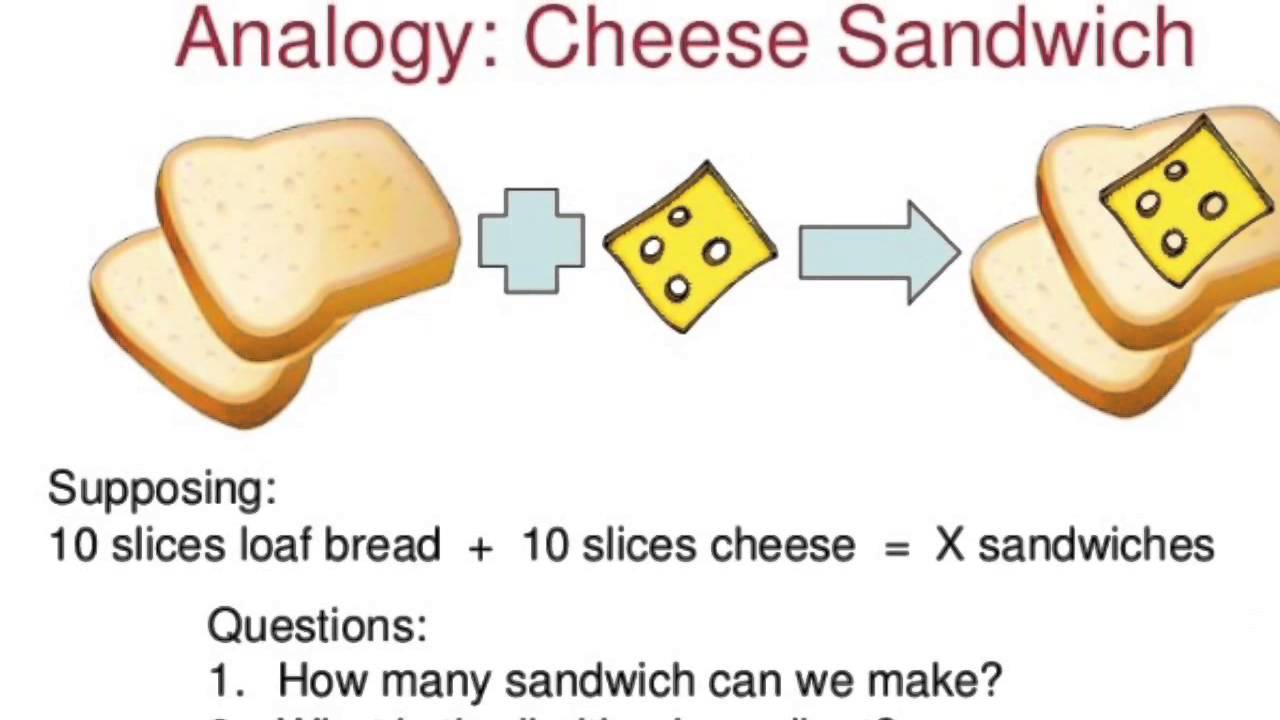IUPAC

source : learn next.com
Nomenclature of organic compound-
There as two system of nomenclature of organic compounds-
(i) Trivial system
(ii) IUPAC System
Trivial System-
This is the oldest system of naming organic compounds. Trivial system of organic compounds are not based on any rule. These names are given to the organic compounds on the basis of their source or their specific property
Ex.-
- Methane was named as marsh gas because it was produced in marshy areas by the decay of plants & trees. It was also named as fire damp as it forms explosive mixture with air.
- Formic Acid was named as it was obtained by the fractional distillation of red ants. The greek word for red ants in formicus.
- Methyl Alcohol is obtained by the destructive distillation of wood. Hence it was named as ‘Wood spirit”.
- Acetic acid is obtained from vinegar (acetum or sirka ). Hence it was named as Acetic Acid
Demerits of Trivial System of Nomenclature-
- Today a large number of organic compounds are known so it is very difficult to give trivial name to each compound .
- The trivial name of an organic compound does not give any information about its structure.
- The same organic compound may have more than one trivial names.
IUPAC System of nomenclature –
This is the modern system of nomenclature of organic compounds approved by the “International Union of Pure and Applied Chemistry”
Merits of IUPAC System –
- This is a simple, systematic & scientific system of nomenclature of organic compounds .
- The IUPAC name of an organic compound gives all the information about its structure.
- The structural formula of an organic compound can be formed by its IUPAC name
- The name of complex organic compounds can be easily written by the IUPAC System.








